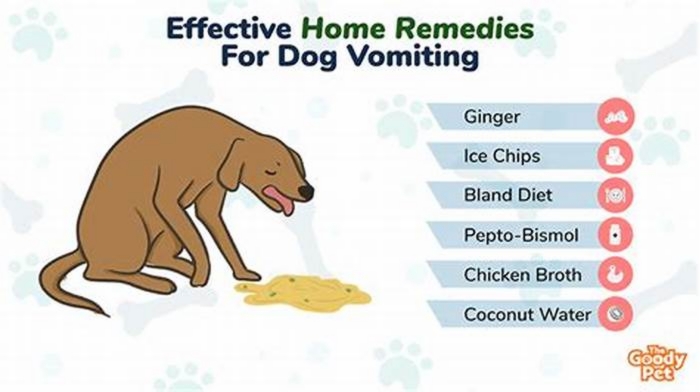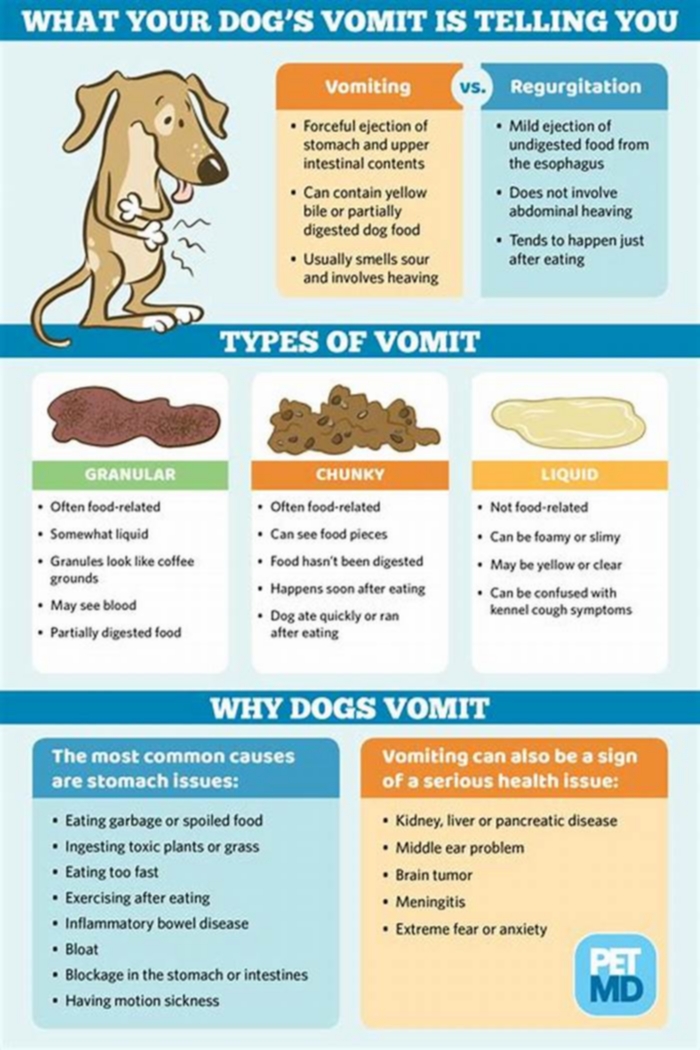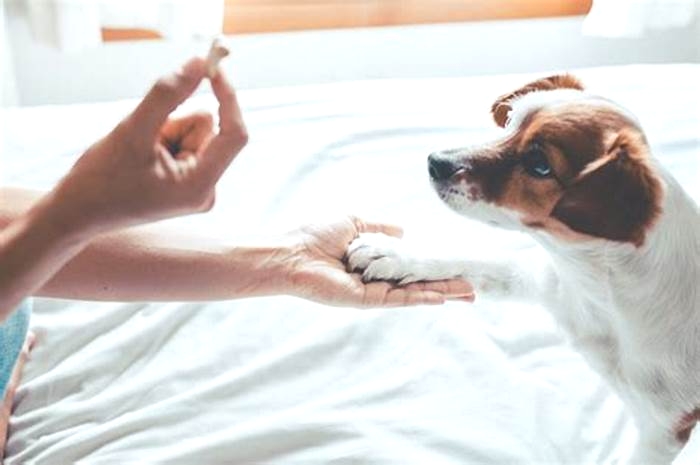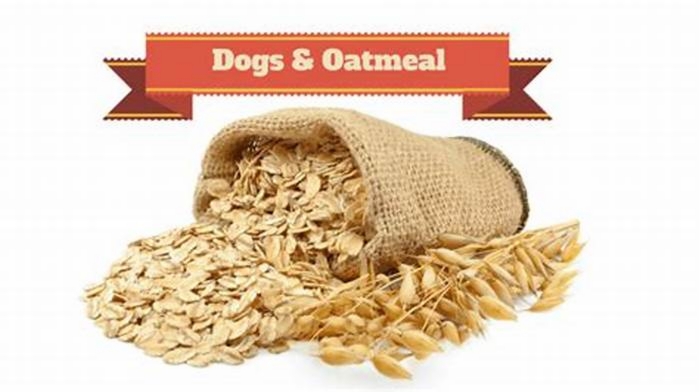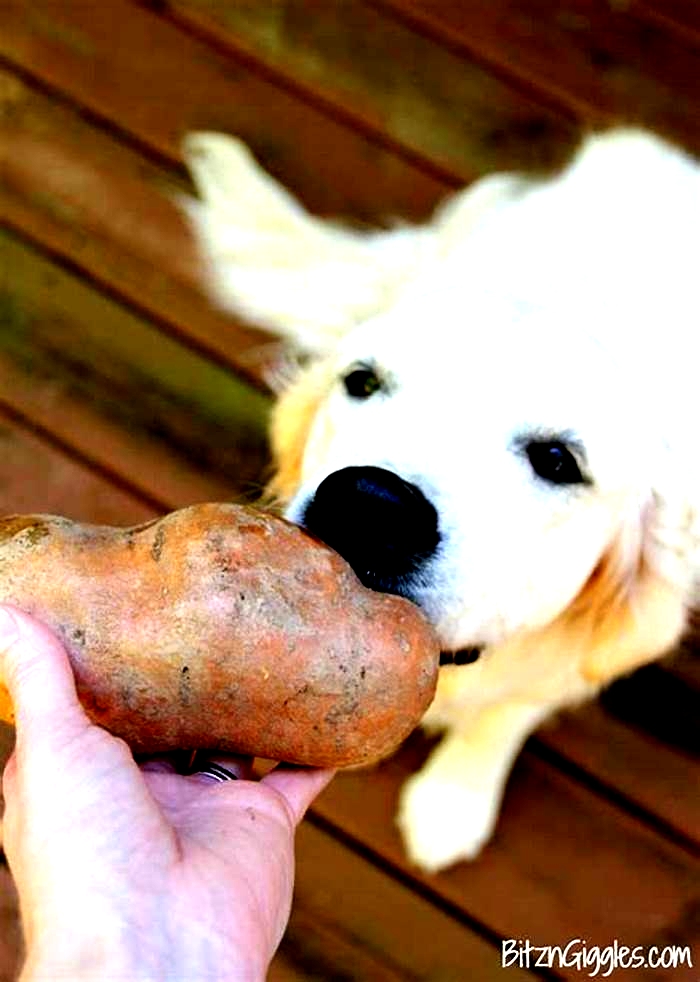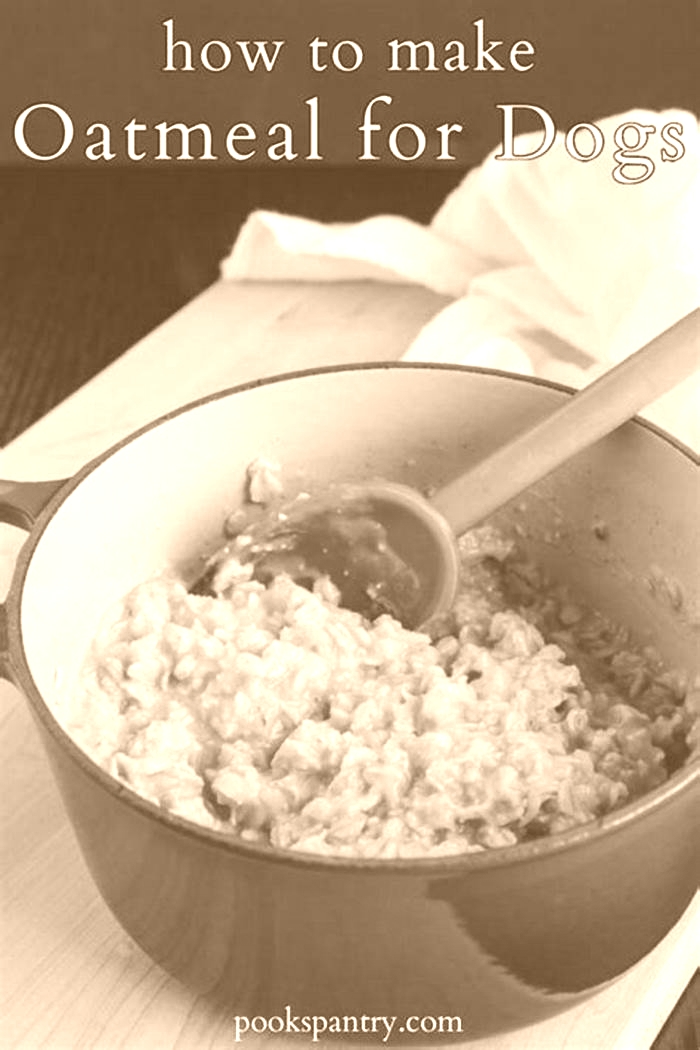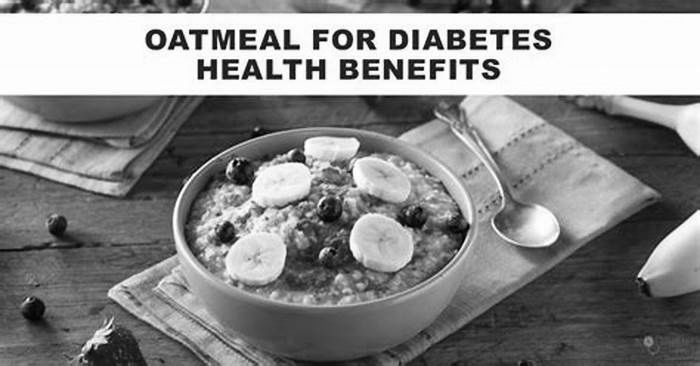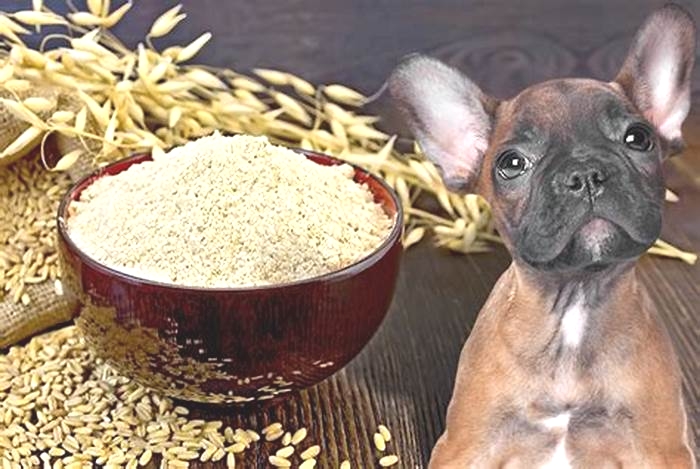what can i give my dog for bilious vomiting syndrome
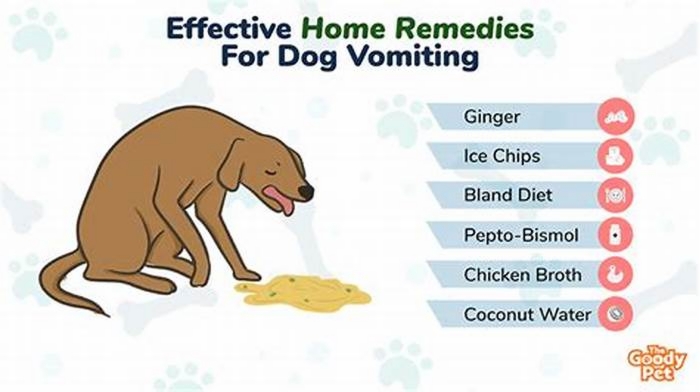
Bilious Vomiting Syndrome: A Complete Guide
Vomiting in dogs is not an uncommon thing, especially in puppies or more senior dogs. Usually, the vomiting is short-term and your dog returns to a normal healthy life. However, when the vomiting goes on for a long period of time or is seen with other signs, it may be a sign of an ongoing issue such as bilious vomiting syndrome.
What is Bilious Vomiting Syndrome (BVS)?
Bilious vomiting syndrome (BVS) in dogs is a condition where a dog vomits bile, typically in the morning or after a long fasting period. This is often accompanied by signs like hunger, nausea, and excessive salivation. It's believed to be caused by an imbalance in stomach acids.
If your dog experiences recurrent episodes, it's crucial to visit a vet for proper diagnosis and management.
What Are the Signs of Bilious Vomiting Syndrome?
The signs of bilious vomiting syndrome can be confused with other causes of vomiting, so aveterinary health checkis always recommended to work out the exact cause. Signs to look out for include:
- Vomiting yellow or green fluid
- Vomiting yellow foam
- Vomiting early in the morning or late at night
- Bright and otherwise well no other clinical signs such as diarrhea
- Vomiting stops after feeding
However, not all vomiting is related to bilious vomiting syndrome so signs linked with other causes of vomiting are:
How is Bilious Vomiting Syndrome Diagnosed?
Diagnosis is usually by ruling out other causes.Visit a veterinarianfor a health check-up for your dog. The veterinarian will ask lots of questions about the time of vomiting, duration, and consistency. If you have any photos of the vomit this can be helpful for the veterinarian to see.
The veterinarian may choose to run blood tests, X-rays, or ultrasound among other tests to work out the cause of your dogs yellow vomit.
Related reading: How Often Should I Take My Dog to the Vet?
How to Treat Bilious Vomiting Syndrome in Dogs
Bilious vomiting syndrome in dogs can be treated through a combination of dietary changes and medications. First, try feeding smaller, more frequent meals throughout the day instead of one or two large meals. You can also add probiotics to improve gut health and eliminate any food allergens or sensitivities from their diet.It's important to monitor your dog's calorie intake to prevent them from becoming overweight, which can worsen the condition and lead to other health issues such as osteoarthritis. Work with a veterinarian to develop a diet plan that meets your dog's nutritional needs and manages their symptoms.
Summary
Bilious vomiting syndrome is often a diagnosis of exclusion, that is all the other possible causes of vomiting have been ruled out first. The chances of managing this condition successfully are very good if diet and medical therapies are started and consistently followed.
However, this is a lifelong condition so its important to realize that accidents will happen from time to time and that is completely expected. If you are concerned that your pet may have bilious vomiting syndrome, schedule a visit your veterinarian.
Frequently Asked Questions
What types of dogs are predisposed to bilious vomiting syndrome?
There is currently not a lot of evidence as to the predispositions for this condition.One papersuggests male, middle-aged mixed breeds are more likely to get BVS.
Are there any natural anti-nausea medications for dogs?
Natural supplements to ease nausea from vomiting includeginger. Ginger alone may not be strong enough to stop vomiting from Bilious vomiting syndrome but talk to your veterinarian to see if this is a supplement worth adding to your dogs treatment program.
Should I be concerned about getting ill from handling my dogs vomit?
The risk for transmissible illness is low, especially if you are healthy and wash your hands thoroughly after cleaning up vomit. Transmissible illness includes bacterial infection, so older or immune-compromised people are at an increased risk, but with good hand hygiene, this risk should still be low.
My dog doesnt have bilious vomiting syndrome, what home remedies can I try?
For advice on home care for a sore tummy, read our blogfor some top tips on how to help your pooch.
I have more than one dog, how do I work out whos vomiting?
This can be a challenge! If you are waking up to vomit on a regular occurrence, you may need to separate your dogs into different rooms in the house or separate one dog each night for a few nights to see who the affected dog is. Its possible more than one dog may be affected. Another alternative is a home security system for you to watch the footage in the morning to find out whos affected.
Feeding the Dog that Vomits Every Day
We spend a lot of time on Nutrition Nuggets talking about what (and what not) to feed our dogs. When dogs have bilious vomiting syndrome, however, when meals occur is even more important than what the meals consist of.
The classic symptom of bilious vomiting syndrome is vomiting on an empty stomach. This usually occurs first thing in the morning since most dogs dont eat throughout the night. Because the dogs stomach is empty, all that comes up is fluid, mucus, and often some bile, which tinges everything an orangey-brown color. Dogs with bilious vomiting syndrome are normal in all other respects no diarrhea, weight loss, poor appetite, etc.
We dont know exactly why some dogs develop bilious vomiting syndrome. The most commonly cited theory is that something is amiss with the normal housekeeping contractions of the gastrointestinal tract that should occur in between meals. As a result, fluid within the first part of the intestinal tract (the duodenum) moves backwards into the stomach resulting in irritation of the stomachs lining and vomiting. This explanation has resulted in some veterinarians calling the condition reflux gastritis.
Whatever the underlying cause, most dogs with bilious vomiting syndrome respond very well to a simple form of treatment feeding them their normal food right before bedtime and again first thing in the morning (yes, I mean even before you get a cup of coffee). I do not recommend changing the dogs food at the same time as the feeding schedule is being modified. As a veterinarian, I prefer to change one thing at a time whenever possible so I can better assess what is working and what is not.
If feeding the dog late in the evening and early in the morning doesnt improve matters, Ill generally recommend a health work up that consists of blood work, a urinalysis, a fecal examination, and abdominal X-rays to make sure that the dog is truly as healthy as he or she appears to be. In some cases, additional laboratory testing, an abdominal ultrasound, and/or scoping of the GI tract may be in order.
When a dog that is suspected of having bilious vomiting syndrome doesnt get better with more frequent feedings alone and other causes of chronic vomiting have been ruled out, medications can be added to the treatment plan. Some dogs respond to drugs that reduce gastric acidity (e.g., famotidine or omeprazole) while others do better with metoclopramide, a medication that increases the frequency of contractions within the small intestines, or maropitant, a broad spectrum anti-vomiting drug.
Even when dogs with bilious vomiting syndrome are treated with medications, they should continue to eat a late evening and early morning meal. If this is inconvenient, an automatic feeder is a worthwhile investment.

Dr. Jennifer Coates
Image: violetblue / Shutterstock
Bilious vomiting syndrome in dogs
In order for your veterinarian to determine a diagnosis, theyll want to go over your pups medical history and will likely ask you questions about your concerns. These questions could include what time the vomiting usually occurs, if its been ongoing, what kind of diet your dog is currently on, or how often theyre fed.
BVS is a diagnosis of exclusion in other words, because bile vomiting can be caused by a variety of conditions (i.e. gastritis, giardiasis, bowel obstruction, etc.), the primary goal of the vet appointment is to rule out all other potential causes of the vomiting. Once everything else is ruled out, they can come to the conclusion that its, in fact, BVS. Theyll want to do a hands-on exam and may suggest other tests including a blood panel, abdominal x-rays, a fecal exam, or urinalysis, etc. in order to determine all of this and come up with the best treatment plan.
Bilious Vomiting Syndrome in Dogs
Bilious vomiting syndromein dogs is a relatively common occurrence. This syndrome is characterized by a tendency to vomit as a reaction to the overproductionof bile in the system. Dogs with bilious vomiting syndrome will typically vomit after not eating for several hours. While this conditionis not serious in and of itself, it can nonetheless cause a number of different related problems in pets. It's important that you address thisissue as quickly as possible so as to be better able to treat it in your pet, as it is a highly manageable condition.
Bilious Vomiting Syndrome Overview
Bilious vomiting syndrome is a form of gastritis. Gastritis is a condition in which the stomach lining and other parts of the digestive system become inflamed. In the case of bilious vomiting syndrome, this inflammation comes about as a result of the bile that is naturally produced throughout your pet's body interacting with the stomach lining.The stomach lining then becomes weaker and acids from outside of the stomach permeate through to the inside. Once inside of the stomach, these foreign acids can cause a variety of different problems. When inflammation and irritation reaches a certain point, the patient may vomit.
Causes of Bilious Vomiting Syndrome
Bilious vomiting syndrome appears to generally arise idiopathically and without precursor. Dogs that have had former problems with digestivetract issues may be somewhat more disposed to the condition. It is generally not fatal or harmful to your pet, although your dog may show some signs of being in pain.
Symptoms of Bilious Vomiting Syndrome
Dogs with bilious vomiting syndrome will tend to vomit in the morningafter they have not eaten food for several hours. When the stomach is empty, the acids are better able to cause irritation, which can ultimately lead to a propensity to vomit. The symptoms of this conditioninclude the following:
- Morning or late night vomiting
- Vomit with yellow-colored bile
- Signs of visible distress or pain surrounding vomiting periods
Other than the tendency to vomit, bilious vomiting syndrome will generally not cause any other symptoms or effects in your pet.
Treating Bilious Vomiting Syndrome
There are a number of methods by which you can help to treat your pet's bilious vomiting syndrome. One of the best ways to do this is to minimize the amount of time that your pet will go in between meals. Somevets recommend spreading the same amount of food out into multiple meals throughout the day. Others advise that you give your pet his evening meal shortly before he goes to sleep for the night rather than earlier on.
You can also provide your pet with certain types of medicines that can help to address bilious vomiting syndrome. Your vet can recommend which are particularly appropriate for your situation, but H2 blockers are the most commonly used medicines to help address bilious vomiting syndrome. For more information, speak with your veterinarian about this condition.
Related Links:
Bilious Vomiting Syndrome
Simple solutions
There are a number of potential solutions. And theyre all pretty simple and straightforward.
Begin by giving your dog a small snack just before bedtime. Something easy to digest like boiled potatoes, mashed sweet potatoes or cooked and mashed butternut squash. Flavour it with a dog food topper to encourage your pup to eat it. Or perhaps try some scrambled egg or a spoonful or two of natural yogurt.
If that doesnt work, change his or her feeding pattern. Feed first thing in the morning and, most importantly, last thing at night.
You could also try feeding smaller, more frequent meals. And if necessary reduce the amount of both fat and fibre in your dogs diet.
Naturally, if this does not cure the problem after a few days, you should consult your vet. And remember, if your dog is vomiting regularly, this can result in dehydration. So make sure fresh, clean water is always available!

